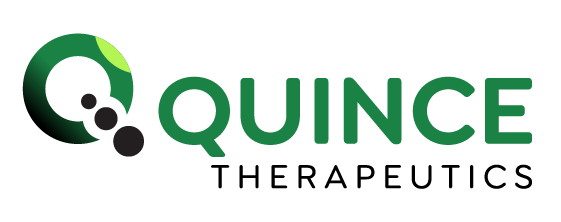Dirk Thye, M.D., Quince’s Chief Executive Officer, said, “The successful closing of the EryDel acquisition is an exciting step forward in fulfilling our vision to build a leading rare disease biotechnology company. We are dedicated to developing treatments utilizing our proprietary AIDE technology platform that hold the potential to help children and families affected by rare and debilitating diseases such as A-T. Quince’s priority is to advance the Phase 3 clinical trial of EryDex to evaluate its safety and efficacy for the treatment of A-T, then expand our development efforts into other potential indications that leverage our proprietary AIDE technology platform.”
Learn more about Quince’s acquisition of EryDel here.
